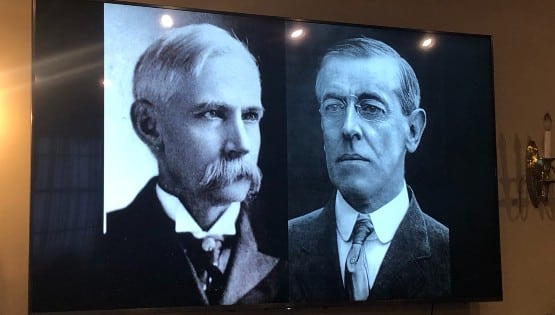
Researchers found that a protein responsible for regulating the body’s sleep cycle, or circadian rhythm, also protects the body from developing sporadic forms of cancers.
“The protein, known as human period 2, has impaired function in the cell when environmental factors, including sleep cycle disruption, are altered,” said Carla Finkielstein, an associate professor of biological sciences in the College of Science, Fralin Life Science Institute affiliate, and a Virginia Bioinformatics Institute Fellow.
Supported by a National Science Foundation CAREER award and the Fralin Life Science Institute, the work was published in October in the print edition of the journal Molecular Biology of the Cell, with Tetsuya Gotoh, a research scientist in Finkielstein’s lab, as lead author.
Specifically, researchers found that, unaltered, the human period 2 protein directly interacts with tumor suppressor proteins in cells to control cell division.
“When (human period 2 protein) is non-functional because it is either mutated or somehow modified, then, it is unable to do its job and prevent the cells from dividing at certain times of the day,” Gotoh said. “This is particularly a problem in cases where tumor suppressor genes are mutated as it happens in more than 80 percent of all cancer cases.”
The researchers observed the connection by studying various human and animal tumor cells, where repressing the human period 2 gene led to both abnormal circadian rhythmicity and a malignant transformation.
Researchers are now working closely with patients to identify those at risk of developing cancer due to the malfunctioning of the protein and the gene that produces it.
Results from these studies may help develop new, more effective prevention strategies for populations at risk due to circadian disruption, such as women working night shifts.
“These findings highlight the complexity of the circadian-controlled network and emphasize its physiological relevance for human health and for new therapeutic interventions,” Finkielstein said.
“Over the past two decades we’ve learned a great deal about the inner workings of the circadian clock, the internal timepiece that controls our sleep:wake cycle and a whole host of other daily bodily rhythms,” said Ignacio Provencio, a professor of biology at the University of Virginia who was not involved with the study. “The Finkielstein lab discovered that a molecular gear of this clock interacts directly with a well-studied protein whose role is to suppress tumor formation. This remarkable finding is likely to provide insight into how disruption of the internal clock can lead to cancer.”
Finkielstein has long studied the connection between circadian rhythms and cancer development, particularly the incidence of breast cancer in women who work night shifts like nurses and flight attendants.
Every October, in partnership with Downtown Blacksburg Inc., Finkielstein helps plan a local outreach event, Pretty in Pink, to raise money for the Virginia Breast Cancer Foundation and educate people in topics that relate to breast cancer prevention and early diagnostics.
Dedicated to its motto, Ut Prosim (That I May Serve), Virginia Tech takes a hands-on, engaging approach to education, preparing scholars to be leaders in their fields and communities. As the commonwealth’s most comprehensive university and its leading research institution, Virginia Tech offers 225 undergraduate and graduate degree programs to more than 31,000 students and manages a research portfolio of $496 million. The university fulfills its land-grant mission of transforming knowledge to practice through technological leadership and by fueling economic growth and job creation locally, regionally, and across Virginia.










